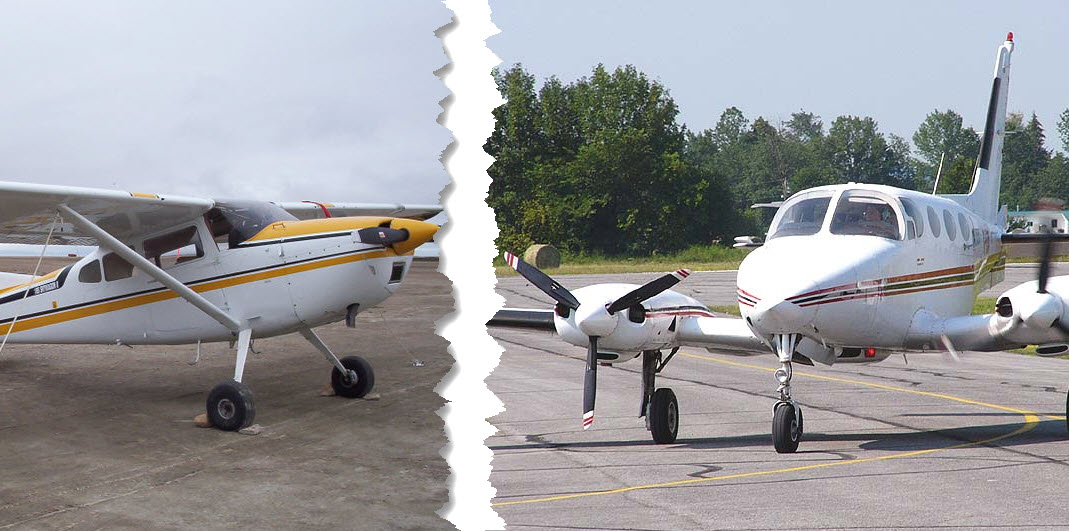
(Cessna 185 Skywagon and Cessna 340)
See here for the major points: What are the pros and cons of single-engine vs. twin-engine? Regarding your specific question:
Wouldn’t a single engine plane weigh less and thus can fly longer on a specific amount of fuel comparative to a twin engine plane?
Both airplanes above are powered by the same 300 hp engine, so yes the twin will be heavier. But it can also lift more weight (i.e. more fuel), and cruise at a higher speed for the same power setting, or cruise at the same speed for lower power setting.
Either the higher speed or lower power, combined with the more fuel, gives the twin a longer range.
In fact, double. 2,603 km compared to 1,333 km.
If you wanted to compare the twin to a single with a 600 hp engine, then the twin again comes on top, because for other design considerations, a huge propeller (a la WWII) is not suited for GA operations. Plus heavier, bigger engines are harder to maintain.
On a technical note, weight is not a big issue in cruise. The power to overcome the induced drag from the lift (which counters the weight), decreases with speed, i.e., it takes less power to create lift in cruise, than at slow speeds.
If we compare a twin-piston to a single-turbine then it won't be an apples-to-apples comparison, but the single-turbine plane will be faster, and will have longer range, but that's mainly due to the different engine types, although for the Cessna Caravan, the turboprop engine (minus the accessories) weighs as half as a single 300 hp piston engine. Which can allow for 200-400 kg more fuel, but the turboprop engines are very, very expensive. So depending on the operation, a fuel saving here might be overdone by the initial cost.
